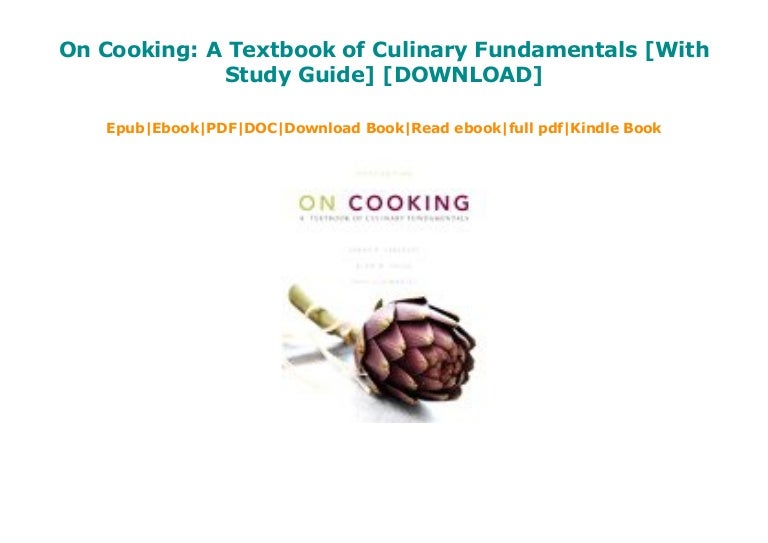


Usually, there's a lecture component that goes over what the students are going to do in class. Michael Tunick, PhD, presents on the different steps involved in the production of mozzarella shortly before the students would make the cheese on their own. (Take note, Drexel students! In the spring there's “Culinary Fundamentals,” “Global Cuisine Studio,” “Food Composition and Behavior,” “The Science of Food and Cooking,” “Food and the Senses,” “Food Writing” and “The Kitchen Garden,” which is also offered in the summer and was previously written about.) The class is a mix of students from different majors and disciplines alongside students from the Department of Food and Hospitality Management. It's also the first cheesemaking class, but not the first class from the department that is available to all.

And, as you also might expect from a class about cheesemaking, it also features a lot of cheese-eating and cheese-talking.ĭuring a day in the class during week three, DrexelNow stopped by to observe the students pulling and stretching mozzarella.įive things to know about "Cheesemaking": 1. "Cheesemaking" (Food Science 580) is a special topics course that, as you might expect from its name, shows the ins and outs of cheesemaking.
#Day 16 culinary fundamentals series#
This series highlights interesting, unique, and innovative courses open to all undergraduates at Drexel University. Let me also take this opportunity to reserve the right to request the use of the Food Lab for other courses in the future as we have only just begun to explore immense possibilities.Chef Rich Pepino demonstrates the size and shape of ciliegine The warm welcome, supportive staff, as well as the encouragement provided by the team, was superb. "On behalf of the Center for Education Programmes, I would like to express our deepest appreciation for this successful collaboration between the two units. This collaboration between Food Science and Technology and the Center for Education Programmes was a success and one that will be continued. These practical activities were centered around three main themes "A Breakfast Buffet", "A Hawaiian Luncheon" and " A Trini Christmas". Our most recent collaboration has been between the Center for Education Programmes where FS&T provided the Food Kitchen Laboratory and our Technician’s support to deliver the practical components for the course FOOD3016, Culinary Fundamentals II. The Food Science and Technology (FS&T) Unit is continuously developing their laboratory facilities with respect to the technical capabilities and support that can be provided not just to the students of the FS&T Programmes but also other Centers and Programmes at The University of Trinidad and Tobago.


 0 kommentar(er)
0 kommentar(er)
